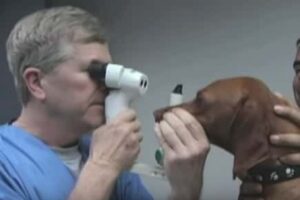Blog
March 22, 2023
February 21, 2023
February 19, 2023
December 10, 2022
October 3, 2022
August 20, 2022
October 1, 2021
May 6, 2021
March 14, 2021
February 7, 2021
November 18, 2020



